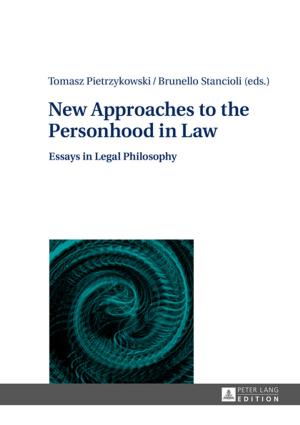Public Policy Argumentation and Debate
A Practical Guide for Advocacy
Business & Finance, Management & Leadership, Operations Research, Nonfiction, Reference & Language, Language Arts, Communication, Decision Making & Problem Solving| Author: | John R. Butler, Philip Dalton | ISBN: | 9781454194682 |
| Publisher: | Peter Lang | Publication: | August 30, 2012 |
| Imprint: | Peter Lang Inc., International Academic Publishers | Language: | English |
| Author: | John R. Butler, Philip Dalton |
| ISBN: | 9781454194682 |
| Publisher: | Peter Lang |
| Publication: | August 30, 2012 |
| Imprint: | Peter Lang Inc., International Academic Publishers |
| Language: | English |
Through an exclusive focus on public policy advocacy as a practical endeavor, Philip Dalton and John R. Butler depart from approaches to debate education that focus on the rules of simulated, academic debate formats. Beginning with the assumption that readers have already developed a basic capacity to argue, they offer practical guidance for determining the fundamental issues that make up a controversy and what expectations public audiences will have for advocacy based on the issues and the burdens of advocates challenging or defending the status quo. Through examples that span a wide range of advocacy situations and subjects of contemporary importance, the authors build a framework for public policy advocacy that is organic to the communication discipline, recover and refresh foundational lessons about the uses of evidence, and provide critical questions that can be used to develop and communicate policy proposals that are sensible and appealing. Written in an accessible, respectful, and motivational style, the book is suitable for students of debate, professionals who function as advocates, and people who find themselves wishing to voice their opinion on an issue of concern.
Through an exclusive focus on public policy advocacy as a practical endeavor, Philip Dalton and John R. Butler depart from approaches to debate education that focus on the rules of simulated, academic debate formats. Beginning with the assumption that readers have already developed a basic capacity to argue, they offer practical guidance for determining the fundamental issues that make up a controversy and what expectations public audiences will have for advocacy based on the issues and the burdens of advocates challenging or defending the status quo. Through examples that span a wide range of advocacy situations and subjects of contemporary importance, the authors build a framework for public policy advocacy that is organic to the communication discipline, recover and refresh foundational lessons about the uses of evidence, and provide critical questions that can be used to develop and communicate policy proposals that are sensible and appealing. Written in an accessible, respectful, and motivational style, the book is suitable for students of debate, professionals who function as advocates, and people who find themselves wishing to voice their opinion on an issue of concern.















